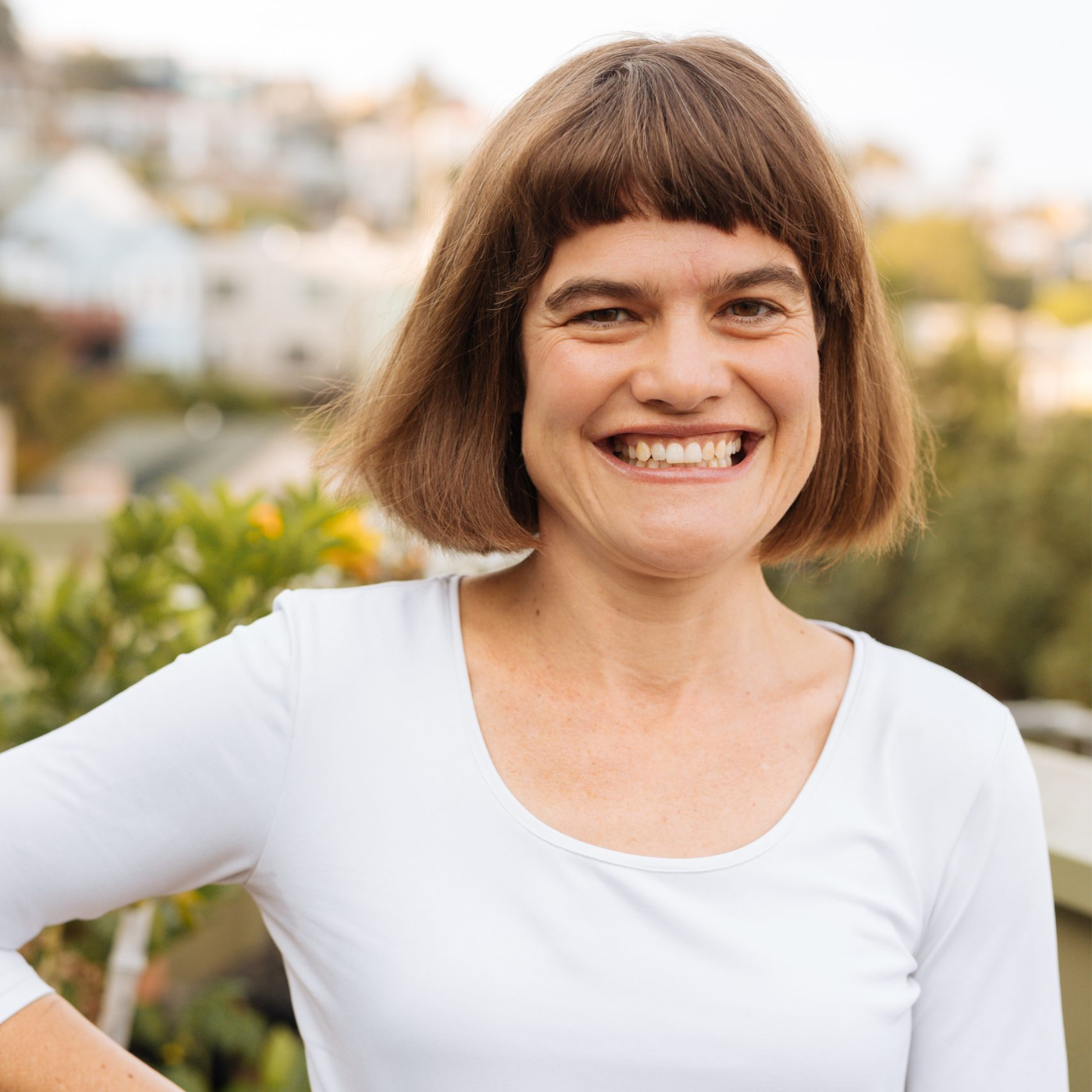Episode 174: Michaeleen Doucleff
Hunt, Gather, Parent
The science of parenting…isn't really a science. It's a lot of myths and advice and stories from elder generations. But let's think about where we are getting that advice. Our guest Michaeleen Doucleff wrote her New York Times bestseller “Hunt, Gather, Parent ”after traveling to three continents with her 3-year-old daughter, Rosy.
She says Maya, Inuit, and Hadzabe families showed her how to tame tantrums, motivate kids to be helpful, and build children’s confidence and self-sufficiency.
Michaeleen Doucleff, PhD, is an author and a global health correspondent for NPR’s Science Desk, where she reports about disease outbreaks and children’s health.
Greg and Michaeleen look at modern parenting all over the globe, why it isn't valued and respected as a “job” in many cultures, the loss of the extended family, whether or not babies are actually manipulative, and the pros of alloparenting.
Episode Quotes:
The auntie/uncle network
“Suzanne Gaskins told me about this. She calls it the auntie network, where she teamed up. She lives part-time in this Maya village as anthropologist, but she also raised her three boys in Chicago, and she teamed up with like two other families, and they shared the childcare and child rearing together. And so, you know, one family would pick up from school one day and another family would pick up school from the other day. And then the weekends, they would drop the kids off at other people's houses. And so you create this little mini pod. It is what we would call it now after COVID where, you know, those are the alloparents, right? These families become the aunts, the uncles, the cousins. And, so that's really all you need. So I think focusing more on like quality of these families and how they overlap with your thinking of how kids should be treated is more important than quantity.”
It doesn’t take a village to raise a child
“People always say you need a village. No, you really don't. You need like two other adults that are helping. And that really care. And you work together and you can find that because people are hungry for it.”
What's negative about positive parenting
“My problem with positive parenting is that the families ignore half of the child's life, the negative side. It's just ignored. And so there's this kind of very disingenuine approach. Just acknowledging what the child is doing, whether it's good or bad. And, I think positive parenting is missing that side of it.”
Show Links:
Recommended Resources:
Guest Profile:
Professional Profile on NPR
His Work:





